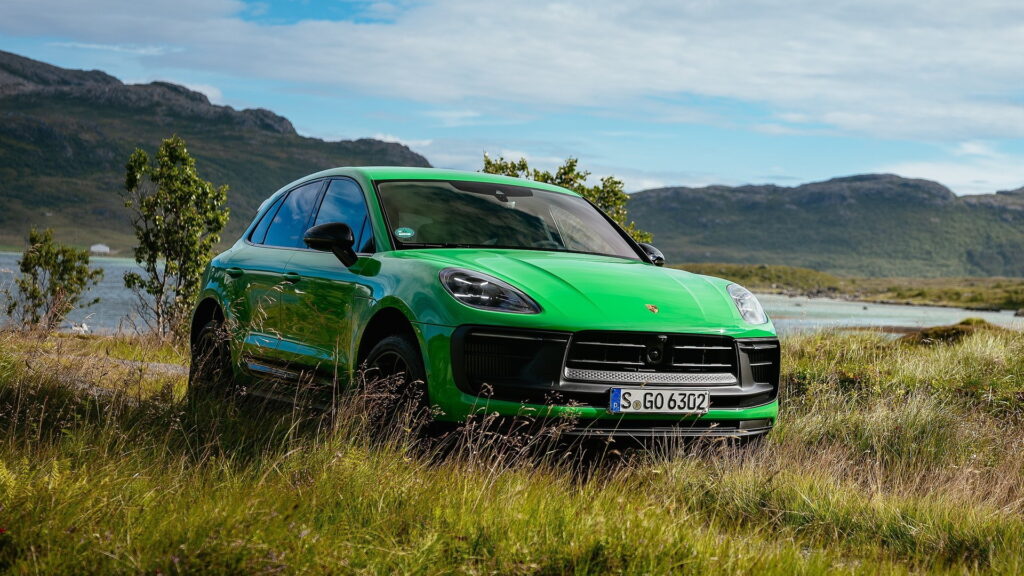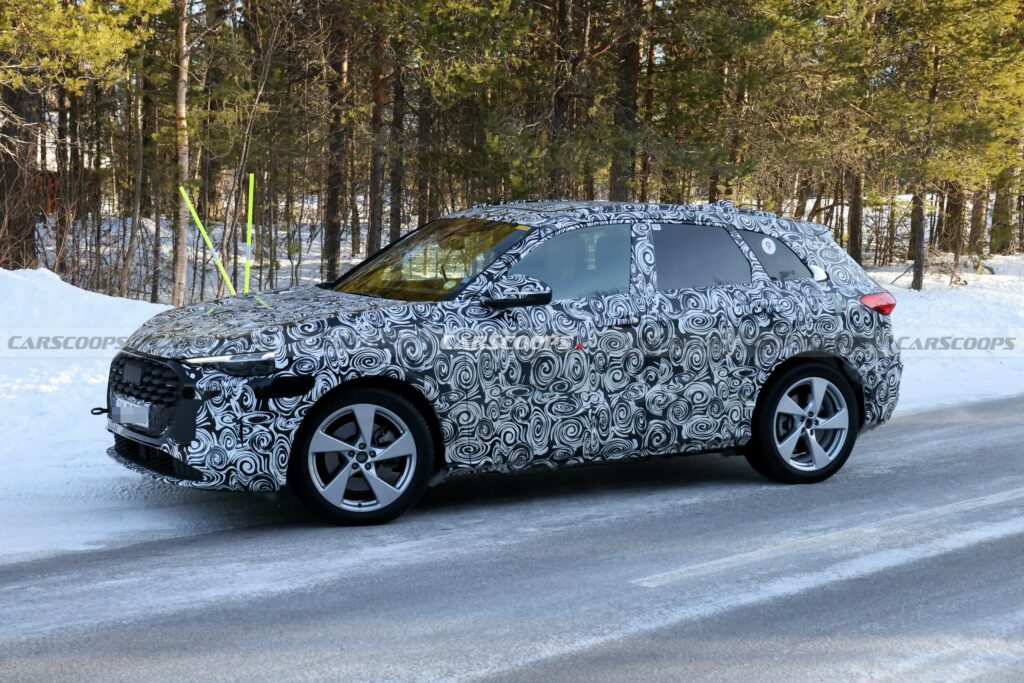Porsche’s new approach to the Macan
Porsche is changing its plans for the internal combustion engine Macan model. Initially, the manufacturer planned to switch it exclusively to electric power, but demand for the EV version turned out to be lower than expected. Therefore, the company is already working on a successor to the gasoline-powered Macan, which has been in production since 2014 and has undergone three facelifts. But this new product may face a demand problem due to its fundamentally new drive type.
A historic break with tradition
This will be the first Porsche in the brand’s history to receive a front-wheel-drive platform. For 91 years, all the brand’s cars sent power exclusively or predominantly to the rear wheels, which ensured high handling precision and performance. Front-wheel-drive cars can be good, but in terms of performance they are inferior to rear-wheel-drive ones, and no technology can completely overcome the laws of physics.
Technical details of the new platform
According to an Autocar report, the Macan successor, codenamed M1, will be an all-wheel-drive SUV biased towards the front wheels. Porsche is using the Volkswagen Group’s Premium Platform Combustion (PPC) architecture, which underpins the third-generation Audi Q5. Unlike past shared platforms, this time the brand will not make significant changes to ensure a rear-wheel-drive configuration. Instead, the Audi Quattro Ultra system will be used with minimal adaptations.
This means the front wheels will constantly drive the car, and power will be sent to the rear axle only when a loss of traction is detected.

Economic reasons for the changes
The decision to develop the M1 was made after Porsche’s profits fell by 67% in the first half of 2025 compared to the same period last year. Low demand for the electric Macan, which sold fewer than 26,000 units, along with slow sales in China and US tariffs, contributed to this situation. Using Audi’s technology will allow Porsche to accelerate the release of the new Macan, planned for 2028.
VW Group CEO Oliver Blume confirmed the model in July, calling it a “very, very typical Porsche for this segment,” although the architecture suggests otherwise.

Future of the product
Porsche has proven that an SUV can drive like a real Porsche, but will it be able to repeat this with a car biased towards front-wheel drive? This remains in question. The success of this model will depend on how willing the public is to accept a departure from the brand’s classic principles for the sake of economic feasibility.
The transition to a front-wheel-drive platform could open up new markets for Porsche, especially among buyers who value practicality and cost efficiency. However, for brand loyalists accustomed to unique handling characteristics, this could be a serious test of loyalty. Growing competition in the luxury compact SUV segment is also forcing brands to seek compromises between tradition and innovation.


 by
by 
